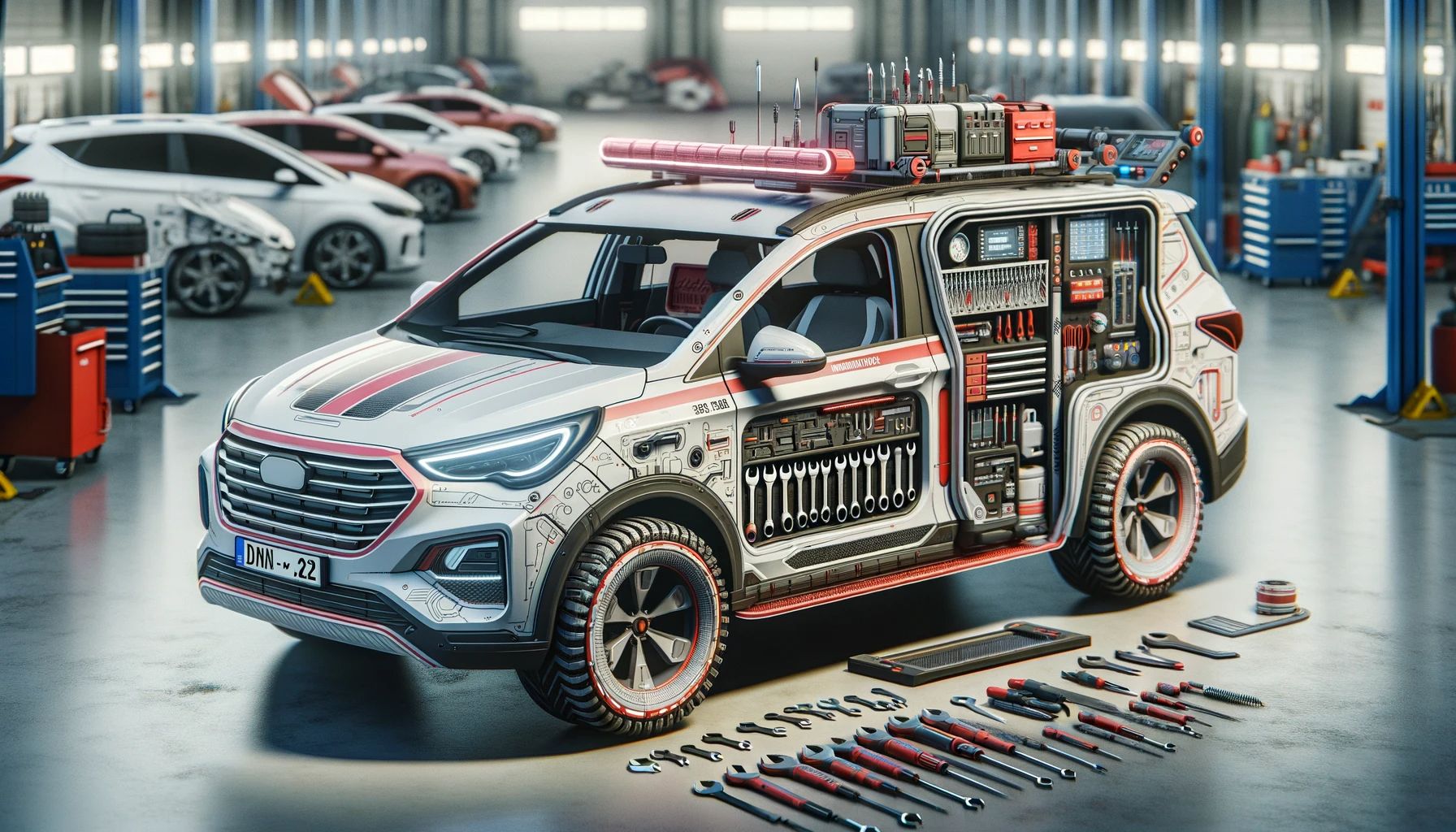Essential Nissan Maintenance: Key Tips for Your Vehicle's Longevity

Owning a Nissan vehicle is a commitment to quality and reliability. Whether you're cruising in a sleek Altima, navigating rough terrains in a rugged Xterra, or embracing eco-friendliness with a Leaf, each model embodies a unique blend of technology and engineering. To keep your Nissan performing at its best, regular maintenance is crucial. This not only ensures a smooth and safe driving experience but also helps in maintaining the vehicle's value over time.
In this article, we dive into the specifics of maintaining a Nissan. While some tips are universal for all vehicles, Nissan cars have certain peculiarities that demand special attention. From the nuances of handling a Continuously Variable Transmission (CVT) to the specifics of electric vehicle care, we've compiled essential maintenance tips to help you keep your Nissan in top condition. Whether you're a new Nissan owner or a long-time enthusiast, these insights will assist you in understanding your vehicle's needs and ensuring its longevity and performance.
Join us as we explore these key maintenance tips, tailor-made for the unique characteristics of Nissan vehicles. Remember, regular care is not just about fixing problems, but about preventing them, ensuring your Nissan continues to be a reliable companion on all your journeys.
- CVT Transmission Care: Nissan models often use Continuously Variable Transmissions (CVT). It's crucial to use the right type of CVT fluid and adhere to the recommended change intervals to avoid transmission issues.
- Engine Timing Chain Inspection: Many Nissan engines use a timing chain instead of a belt. Regular inspection is important as these chains can stretch or wear over time, potentially causing engine damage.
- Electronic System Checks: Nissan vehicles are equipped with advanced electronic systems. Regular diagnostics and software updates can ensure these systems function correctly and efficiently.
- Regular Battery Checks for Electric Models: If you own a Nissan electric vehicle like the Leaf, regularly check the battery health and charging system to maintain optimal performance.
- Fuel System Maintenance for Direct Injection Engines: Nissan’s direct injection engines require regular checks to ensure the injectors and fuel system are clean for efficient operation.
- Use of Genuine Nissan Parts: For replacements, especially in key components like brakes, suspension, and engine parts, using genuine Nissan parts can ensure better compatibility and longevity.
- Rust Inspection: In some models, especially in areas with harsh weather conditions, it's important to check for rust under the vehicle and around the wheel wells.
- Regular Checks of the Exhaust System: Certain Nissan models have been noted for exhaust system issues. Regular checks can prevent more significant problems.
- Tire Pressure Monitoring System (TPMS) Maintenance: Nissan vehicles often come with TPMS. Regular maintenance and sensor checks will ensure accurate readings and tire safety.
- Suspension Checks for Specific Models: Some Nissan models, like the Pathfinder and the Xterra, are known for their rugged suspension systems. Regular checks are essential for maintaining their off-road capabilities.
- Air Conditioning System Maintenance: Regular maintenance of the A/C system, including checks on the compressor and refrigerant levels, can prevent common issues in Nissan vehicles.
- Regular Fluid Checks for 4WD Models: For Nissan models with 4WD, like the Frontier and Titan, it’s crucial to regularly check and maintain the differential and transfer case fluids.
Remember, while these tips are specific to Nissan vehicles, regular general maintenance is still essential for all vehicle types. Additionally, always refer to your specific model's manual for the most accurate maintenance advice.